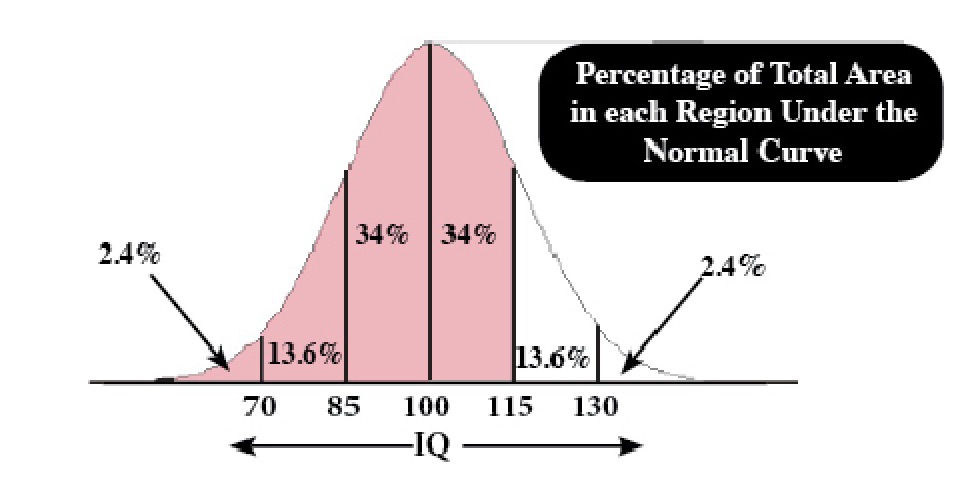
Many students of high intelligence (IQ) also have excellent social skills (EQ). This is generally evident in people in the 120–130 IQ range. Such people are significantly more intelligent than average, but they are close enough to the average to be able to self-reference to understand how others feel. From this connection they develop empathy and the ability to connect socially. During their school years, they often have many friends and are perceived as “popular.”
While some people of IQ above 130 fall into this category, many of those who have IQ above 130 are outliers in their social skills. Since they usually don’t share the same interests, world view or tribal loyalties as the majority, they are often less able to empathize with others and often have difficulties in social relationships. For that reason, so-called “nerds” are most comfortable hanging out with other “nerds,” as depicted in the sitcom Big Bang Theory. They live in a world that is made to accommodate the majority, so they suffer the same challenges that the disabled faced in the days before ramps and special parking spaces.
Gifted students are often perceived as socially different from their peers and are consequently ostracized, ignored, bullied, or ridiculed. This was the case for people like Steve Jobs, Jeff Bezos, and Elon Musk (who had his nose broken when thrown down a flight of stairs). Gifted students see the world differently from the average and are sometimes perceived as “weird.” However, this is the difference that enables them to make a difference when they reach adulthood. Jobs, Bezos, and Musk continued to have social conflicts throughout their careers as they founded companies, yet driven by their visions, they were able to change the world. Their personal lives were often fraught with discord, as one might expect from behaviours that are seen as eccentric.
Since many students of high IQ have strong social skills, there is not a negative correlation between high IQ scores and popularity. However, the relationship may be described by what is known as the “inverted U curve.” That is, modest increases in IQ above the average may lead to an increase in perceived ability and greater “popularity.” However, as we observe students of IQ that are more than two standard deviations above the mean, we begin to see decreases in popularity and an alienation from the group. If a female student were able to increase her IQ from 100 to 120 to 130, and then from 130 to 150, her fellow students might describe her successively as “bright”, then “brilliant” and then, “weird.”
So, if you’re a student of extremely high IQ and you want social connections, you will either have to associate with other highly intelligent people and form your own group, or focus on the development of social skills and become part of the “cool group.” Once you reach university level, the rules for popularity will change in your favor.
